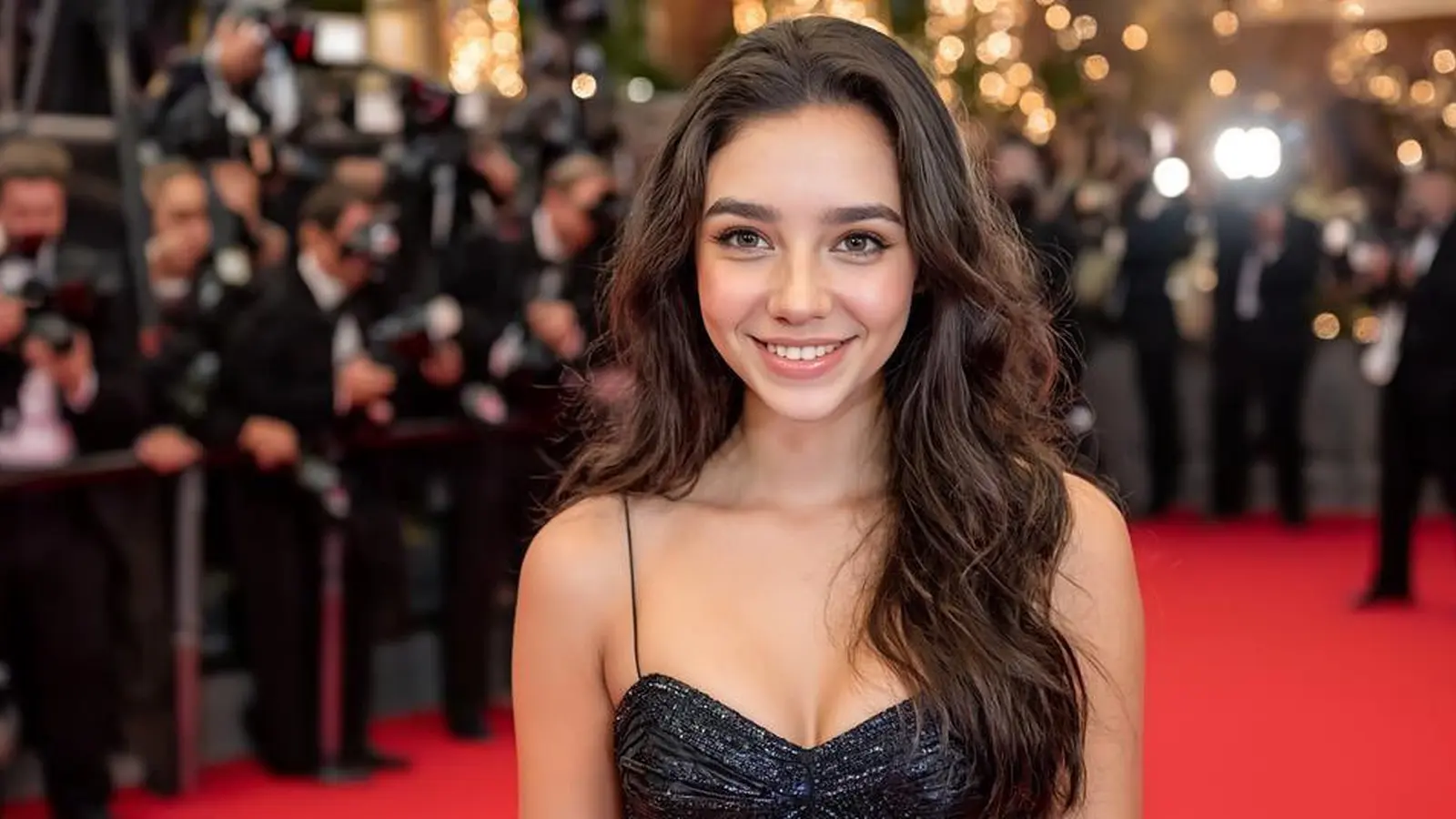5 Minutes
Digital star, real controversy
The creation of Tilly Norwood — an AI-generated actress unveiled by Xicoia, a spin-off of Eline Van der Velden’s Particle6 — has set off a storm among actors, fans and industry insiders. What began as a headline about a glossy virtual performer attracting agent interest quickly became a flashpoint for debates about ethics, representation and the future of film and television work.
Van der Velden pushed back in a public Instagram statement, saying Tilly is "not a replacement for a human being, but a creative work — a piece of art." She compared AI to prior storytelling tools like animation, puppetry and CGI, calling the technology "a new tool, a new paintbrush" that expands how stories can be imagined.
Why actors pushed back
Despite that defense, several established performers voiced anger online. Melissa Barrera admonished agents who would represent an AI performer, writing that actors should "read the room." Kiersey Clemons demanded accountability from agencies. Mara Wilson raised a thornier issue: the reportedly composited faces of hundreds of young women used to create Norwood’s look, asking whether any of those real people could have been cast instead. Even Toni Collette and Lukas Gage joined the conversation — the former with emojis, the latter with a wry jab about on-set manners.
These reactions reflect immediate fears: loss of jobs, erosion of opportunities for emerging actors, and the unclear legal and moral terrain around constructing faces and personas from real people’s images.

Context: AI is the latest in a long line of visual revolutions
The entertainment business has weathered similar disruptions before: the arrival of CGI transformed blockbuster filmmaking, and digital de-aging or posthumous likenesses have already raised ethical questions. What makes the Norwood moment different is the explicit commercial step of courting representation for an entirely synthetic performer — effectively asking the industry to treat an algorithm-generated character the same way they treat a living actor.
Industry insiders note this is part of a larger trend: studios and startups experimenting with synthetic media to reduce costs, prototype characters quickly, or create entirely novel IP. But the legal frameworks around consent, likeness rights and residuals are not yet settled, and agents signing an AI face would test those limits.
Art, tool or threat?
Van der Velden has described her ambition for Norwood in bold terms, even saying she aims to elevate the AI to the level of household-name movie stars. That rhetoric is aspirational but intentionally provocative, prompting defenders and detractors to ask: should AI characters be treated as art projects or commercial performers with contracts, royalties and representation?
"Tilly Norwood sits at the intersection of creativity and commerce," says film critic Anna Kovacs. "This moment forces us to decide whether synthetic performers are experimental art or products that require regulation. Either way, the industry needs clearer ethical standards and pathways for consent and compensation."
Comparisons and consequences
Compared to earlier uses of technology in film, the Tilly Norwood case is more akin to debates over deepfakes and image synthesis than to single-film VFX work. While a movie may digitally alter an actor for a scene, an AI actress blurs the line between performance and design. The fallout could accelerate calls for policies similar to those governing stunt performers, voice actors and advertising models: contracts that clarify ownership, payment, and the provenance of a character’s appearance.
Backstage and online communities are active. Casting directors, agents and guilds will be watching closely; fan reactions are mixed, ranging from fascination with a new form of character creation to moral unease about the studios’ priorities.
What’s next?
Xicoia says an agency announcement is coming, and the next few months could set precedents. Will agencies sign AI personas and negotiate pay? Will unions intervene? Or will the industry treat AI characters as limited creative experiments? The answers will matter for casting, for visual effects workflows, and for how audiences relate to the faces on screen.
In short: Tilly Norwood may be a digital construct, but the questions she raises are very real. The debate touches craft, creativity and livelihoods — and it may well shape how film and television balance innovation with responsibility.
Source: variety



Leave a Comment